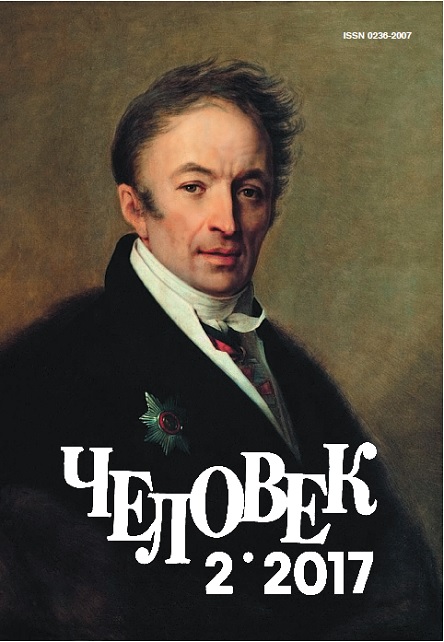Utopias of post-modern: Transformations of the idea of the Humankind organism
Keywords:
globalization, humankind organism, superorganism, cybernetic philosophy, integrated community conception, cabbala, integral consciousness, neomyth, M. LitemanAbstract
The article deals with the ancient idea of the Humankind as an integral organic whole, that since 1970-ies became one of well-known projects of the future global society. The analysis of its historical development reveals the transfer from the mysticism of Au. Comte and Teyard de Chardin to a scientifically based theory involving cybernetics, global evolutionism, sociology, evolutionary biology and so on. Today that theory exists mainly in the two versions. Cybernetic philosophers argue that the further evolution of the society will be accompanied by emergence of the “global brain”, that is the intelligent world computer network that will be capable to think, to learn and to make decisions and be integrated with individuals into a global superorganism. The idea of the integrated community offers an alternative road to higher degree of integration. Its author, cabbalist M. Liteman, places emphasis on specific social relationship based on the integral consciousness which is a form of collective consciousness that emerges when individuals are tuned to each other and capable to perceive and to think as a single whole. The prospects of both conceptions are still rather vogue. Notwithstanding their scientific line of reasoning they are rather similar to neo-myth in many aspects. Besides, the problem of the “space of freedom” for an individual within the global super-organism remains open.






